-
Doctors
-
Specialities & Treatments
Centre of Excellence
Specialties
Treatments and Procedures
Hospitals & Directions HyderabadCARE Hospitals, Banjara Hills CARE Outpatient Centre, Banjara Hills CARE Hospitals, HITEC City CARE Hospitals, Nampally Gurunanak CARE Hospitals, Musheerabad CARE Hospitals Outpatient Centre, HITEC City CARE Hospitals, Malakpet
HyderabadCARE Hospitals, Banjara Hills CARE Outpatient Centre, Banjara Hills CARE Hospitals, HITEC City CARE Hospitals, Nampally Gurunanak CARE Hospitals, Musheerabad CARE Hospitals Outpatient Centre, HITEC City CARE Hospitals, Malakpet Raipur
Raipur
 Bhubaneswar
Bhubaneswar Visakhapatnam
Visakhapatnam
 Nagpur
Nagpur
 Indore
Indore
 Chh. Sambhajinagar
Chh. SambhajinagarClinics & Medical Centers
Book an AppointmentContact Us
Online Lab Reports
Book an Appointment
Consult Super-Specialist Doctors at CARE Hospitals
Epilepsy: What It Is, Types, Symptoms and Treatment
Updated on 6 June 2023
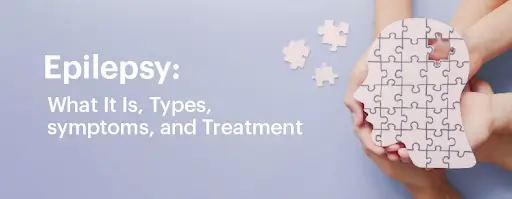
Table of Content
- Symptoms of Epilepsy
- Causes Of Epilepsy
- What are the Types of Epilepsy Surgery?
- Is Epilepsy Surgery Safe?
- When to Consider Epilepsy Surgery?
- How is Epilepsy Diagnosed?
- What are the Treatments for Epilepsy?
- How to Prevent Epilepsy?
- First Aid for Seizures
- Complications of Epilepsy
- When Should I see my Doctor for Epilepsy?
- FAQ's
Epilepsy is a neurological disorder characterised by recurrent seizures. It's caused by sudden bursts of electrical activity in the brain, resulting in seizures or periods of unusual behaviour, sensations, or loss of awareness. These seizures can vary widely in intensity and duration, affecting individuals differently. Epilepsy can have various causes, including genetics, brain trauma, infections, stroke, or developmental disorders. While it's a chronic condition, many people with epilepsy can manage their seizures and lead normal lives with proper treatment, which often involves medications, lifestyle modifications, and sometimes surgery or other therapies.
Symptoms of Epilepsy
People from all races, ethnicity, age, and genders can develop epilepsy. Seizure episodes can vary among individuals. Some stare blankly while in the episode, while others twitch their arms and legs, and some have full-blown convulsions. If people with epilepsy have two seizures or more per day, they might need immediate medical attention.
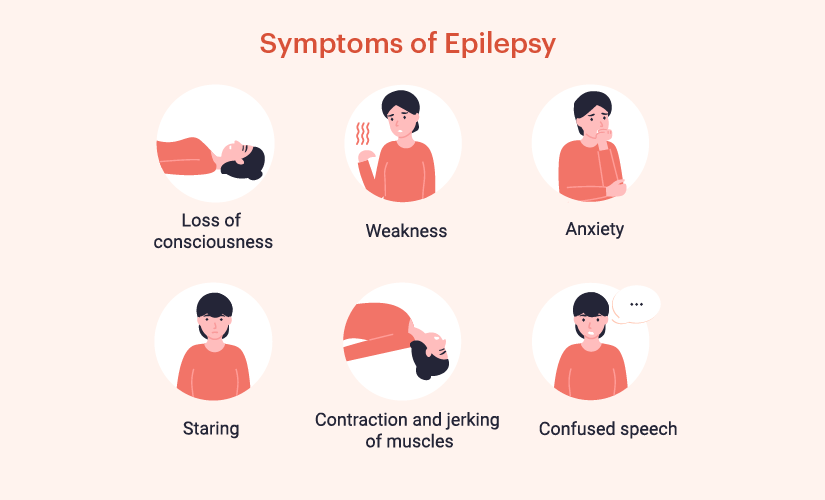
The following are the symptoms of epilepsy:
- Staring spell
- Stiff muscle
- Temporary confusion
- Deja vu, fear, or anxiety
- Uncontrollable twitching of arms and legs
- Fits
Causes Of Epilepsy
Epilepsy can have various causes, which may include:
- Genetics: Some types of epilepsy can be linked to specific genetic factors or familial predispositions.
- Brain Conditions or Injuries: Brain injuries due to trauma, tumors, strokes, or infections like meningitis or encephalitis can trigger epilepsy.
- Developmental Disorders: Conditions present at birth, such as neurodevelopmental disorders or brain malformations, may increase the risk of epilepsy.
- Infections: Certain infections affecting the brain, such as meningitis, encephalitis, or parasitic infections like neurocysticercosis, can lead to epilepsy.
- Prenatal Injury or Exposure: Injuries to the brain before birth due to lack of oxygen, infections, or other prenatal factors can contribute to epilepsy.
- Neurological Diseases: Neurological conditions like Alzheimer's disease or multiple sclerosis can increase the risk of developing epilepsy.
- Stroke or Vascular Issues: Brain conditions associated with reduced blood flow or vascular abnormalities might lead to seizures and epilepsy.
- Brain Tumors: Presence of tumors in the brain may cause seizures and can lead to epilepsy.
What are the Types of Epilepsy Surgery?
Abnormal and erratic electrical activity in the brain due to chemo transmitters, results in epileptic seizures. The location of the derangement determines which surgery is required, considering the age of the patient.
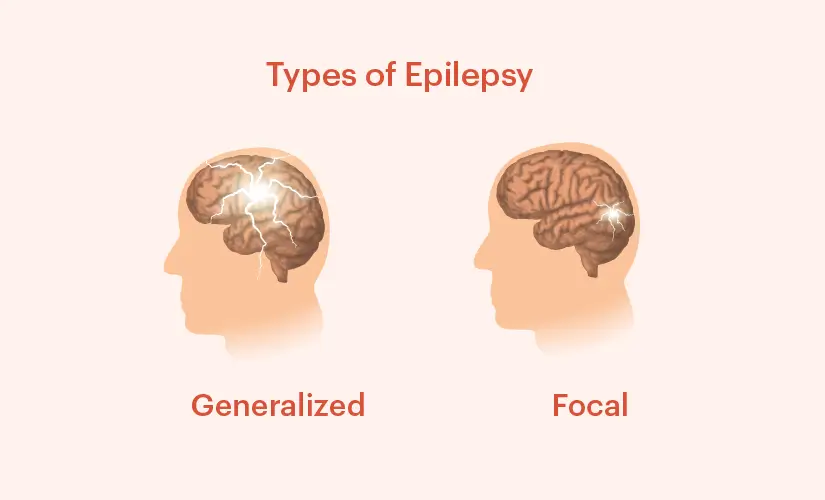
Below are the types of surgery usually recommended by the surgeon:
- Deep Brain Stimulation: A device is placed deep inside the brain, which releases electric signals at specific intervals to disrupt seizure-inducing activities.
- Hemispherectomy: This surgery is usually performed in children who experience seizures in one hemisphere from multiple sites. In this procedure, one side of the brain, the cerebral cortex, is removed.
- Functional Hemispherectomy: This surgery is usually performed in children and involves the removal of the connecting nerves.
- Laser Interstitial Thermal Therapy (LITT): This surgery is guided by an MRI, which involves a laser destroying a small brain portion.
Is Epilepsy Surgery Safe?
Epilepsy surgery is a safe procedure. Hence, the life risk is low compared to other procedures. But there are a few complications involved during the surgery. According to research, minor complications were reported among 7.7% of patients, and only 0.6% of the patients faced significant complications like:
- Loss of Peripheral Vision
- Headache
- Speech and Language Problems
- Stroke
- Cerebrospinal Fluid Leak (CSF)
The outcome of the surgery depends on the type of surgery performed. Hence, it can be an excellent option for someone who has seizures only in one part of the brain and is unresponsive to medication. Always consult with neurosurgeons for risks & benefits before going for the surgery.
When to Consider Epilepsy Surgery?
Like any other medical condition, extreme seizures due to epilepsy require primary care. Anybody with focal epilepsy that cannot be treated with AEDs or if the condition is causing severe impairment in one's life might require surgery.
Epilepsy surgery is done to:
- Stop seizures or lessen their intensity
- Minimize the side effects of the surgery
- Reduce the number of deaths caused by seizures
The surgery involves the removal of a part of the brain where seizures occur. It is usually effective when a seizure occurs only in one part of the brain. Neurologists do not always recommend surgery until two AEDs have failed to contain the seizure.
Studies have shown numerous benefits of epilepsy surgery for seizure control and psychiatric symptoms. In addition to this, it also improves the quality of life. This is evident from the past that successful surgeries can increase life expectancy.
How is Epilepsy Diagnosed?
Diagnosing epilepsy typically involves several steps, including:
- Medical History: A detailed medical history is taken to understand the patient's symptoms, seizure frequency, triggers, and any potential underlying conditions or family history of seizures.
- Physical Examination: A thorough physical examination helps rule out other possible causes of seizures and assess overall health.
- Neurological Examination: A neurological exam assesses motor abilities, sensory function, reflexes, and cognitive function to identify any neurological abnormalities.
- Electroencephalogram (EEG): This test records electrical activity in the brain. It helps detect abnormal brain activity or patterns that are common during seizures, aiding in the diagnosis of epilepsy.
- Imaging Studies: MRI (Magnetic Resonance Imaging) or CT (Computed Tomography) scans of the brain can help identify structural abnormalities or lesions that might be causing seizures.
- Blood Tests: Blood tests may be conducted to check for underlying conditions that could be causing seizures, such as infections or metabolic disorders.
- Other Tests: In some cases, additional tests like video EEG monitoring, neuropsychological tests, or specialized imaging studies may be required to further evaluate the seizures or associated conditions.
What are the Treatments for Epilepsy?
If you are experiencing any symptoms mentioned above, seek a neurologist's consultation. To confirm it is epilepsy and not some behavioural changes, the neurologist will conduct a clinical evaluation and a few electrophysiological tests.
Upon confirmation of epilepsy, an individual with the condition is given antiepileptic drugs (AED). However, sometimes AEDs don't work and require more invasive methods, like surgery.
How to Prevent Epilepsy?
Preventing epilepsy entirely may not always be possible as it can result from various factors, including genetic predispositions or conditions that occur before birth. However, some measures may help reduce the risk of certain types of acquired epilepsy:
- Protect Against Head Injuries: Taking precautions to prevent head injuries can reduce the risk of epilepsy caused by traumatic brain injury. This includes wearing seat belts while driving, using helmets during sports activities, and maintaining safe environments, especially for children.
- Infection Prevention: Some types of epilepsy can develop as a result of infections affecting the brain. Taking preventive measures against infections, such as vaccinations, practicing good hygiene, and seeking prompt medical treatment for infections, may help lower the risk.
- Manage Health Conditions: Proper management of health conditions linked to epilepsy, such as stroke, heart disease, or infections like meningitis, can lower the risk of developing epilepsy.
- Prenatal Care: Receiving proper prenatal care and avoiding known risk factors during pregnancy, such as alcohol or drug abuse, can reduce the risk of epilepsy in the developing fetus.
- Seizure Management: For individuals prone to seizures due to known triggers (like fevers or specific substances), taking steps to manage these triggers may help prevent seizure episodes.
First Aid for Seizures
- What to Do:
- Remove any harmful objects from their side: During a seizure, the person may experience uncontrolled movements, which can cause injury if they bump into sharp or hard objects. Safely clear the surrounding area by moving away anything that could hurt them, like furniture or glass items.
- Turn the person onto their side: Placing the person on their side helps keep their airway clear. This prevents them from choking on saliva or vomit, allowing them to breathe more easily during the seizure.
- Cushion their head: A person having a seizure may bang their head on the ground due to uncontrolled movements. Place something soft, like a pillow or folded clothing, under their head to protect them from head injuries.
- Call the doctor: Seek medical help right away, especially if the seizure lasts more than 5 minutes, it’s their first seizure, or if they have other underlying medical conditions. It’s also important to call for assistance if the person does not recover quickly after the seizure.
- What to Avoid:
- Don’t let people crowd around the person: While it’s natural to want to help, too many people surrounding the individual can cause stress and hinder air circulation. Give the person space, and ensure only one or two people are assisting.
- Don’t hold them down or restrain them: Trying to stop the person's movements can cause harm, such as muscle strain or broken bones, as the seizure involves powerful, involuntary movements. Allow their body to move freely, while ensuring the environment is safe.
- Don’t put anything in their mouth (food, pills, water): Contrary to popular myths, never put anything in the person’s mouth during a seizure, as it can lead to choking or cause injury to the teeth and jaw. The person will not "swallow their tongue," and forcing something into their mouth can do more harm than good.
.webp)
Complications of Epilepsy
- Seizure-Related Injuries: Falls during seizures can lead to injuries like head trauma, fractures, or cuts.
- Mental Health Challenges: Anxiety, depression, or mood disorders may arise due to the emotional impact of managing a chronic condition.
- Cognitive Impairment: Memory problems, concentration difficulties, or other cognitive issues might occur, affecting daily life.
- Social Stigma: Misconceptions and stigma surrounding epilepsy can result in discrimination or isolation.
- Status Epilepticus: A rare but severe condition where seizures occur continuously without stopping, requiring immediate medical attention.
- Sudden Unexpected Death in Epilepsy (SUDEP): An infrequent but serious complication where individuals die unexpectedly, often during or after a seizure, with the exact cause not entirely understood.
When Should I see my Doctor for Epilepsy?
When someone experiences a seizure for the first time, they should consult a medical professional. The healthcare professional will discuss the incident with the patient and try to determine what caused the seizure.
FAQs
1.Can Epilepsy go Away?
Ans:Epilepsy can sometimes resolve or be effectively managed with treatment, but it varies by case. In some individuals, seizures may stop, allowing them to discontinue medications after a certain period without seizures.
2. What Foods Control Epilepsy?
Ans: Certain diets like the ketogenic diet, modified Atkins diet, or low glycemic index treatment (LGIT) have shown potential in controlling seizures for some people with epilepsy.
3. How Does a Person with Epilepsy Behave?
Ans: Behavior during a seizure varies. It can range from a brief lapse in awareness to convulsions or altered consciousness. After a seizure, a person might feel confused, tired, or experience memory gaps. Behavior during seizures differs based on seizure type and severity.

ENQUIRY FORM
SELECT CATEGORIES
-
Neurosciences (16)
-
Neurology (37)
-
Neurosurgery (14)
-
Orthopaedics (48)
-
Oncology (33)
-
Obstetrics and gynecology (52)
-
Pulmonology (23)
-
Urology (20)
-
Nephrology (13)
-
Psychiatry (7)
-
Dietetics and Nutrition (111)
-
General Medicine (63)
-
Cardiac Sciences (32)
-
Vascular & Endovascular Surgery and Interventional Radiology (15)
-
Gastroenterology (46)
-
Endocrinology (23)
-
Plastic Surgery (10)
-
Critical Care Medicine (5)
-
COVID-19 (16)
-
Dermatology (16)
-
Emergency Care (1)
-
Ophthalmology (4)
-
Pediatrics (14)
-
Laparoscopic and Bariatric Surgery (8)
-
ENT (15)
-
Kidney Transplant (1)
-
Liver Transplantation and Hepatobiliary Surgery (5)
-
General Surgery (3)
-
Internal Medicine (5)
-
Medicine Information
Stroke Signs and Symptoms
Understanding ADHD
YOU MAY ALSO LIKE
RECENT BLOGS
-

Preterm Birth (Premature Birth): Symptoms, Causes, Treatment and Prevention
13 May 2025
Read More
-

Rotablation Angioplasty: Benefits, Treatments, And Recovery Time
9 May 2025
Read More
-

What Is The Difference Between IUI and IVF?
9 May 2025
Read More
-

Venous Malformations: Causes, Symptoms, and Treatment
30 April 2025
Read More
-

Varicose Vein Foam Sclerotherapy: Treatment, Benefits, and Procedure
30 April 2025
Read More
-

Radiofrequency (RF) Ablation Treatment for Varicose Veins: Know More
30 April 2025
Read More
-

Varicose Vein Sclerotherapy: Treatment, Benefits, and Procedure
30 April 2025
Read More
-

Varicose Vein Endovenous Laser Ablation: Procedure, Benefits, Risks
30 April 2025
Read More
Have a Question?
If you cannot find answers to your queries, please fill out the enquiry form or call the number below. We will contact you shortly.





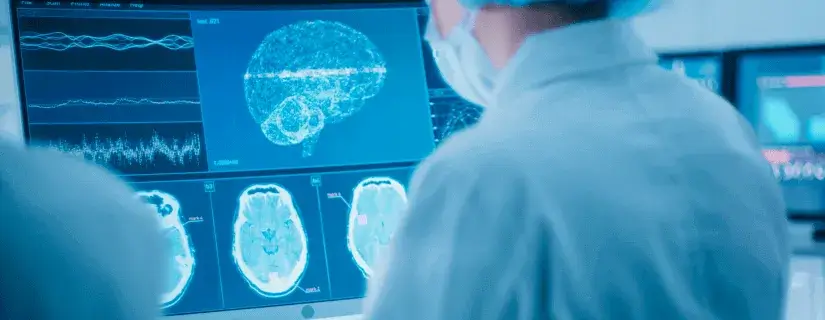
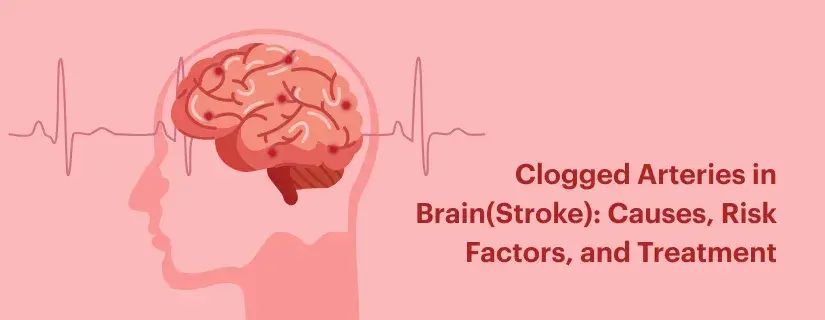








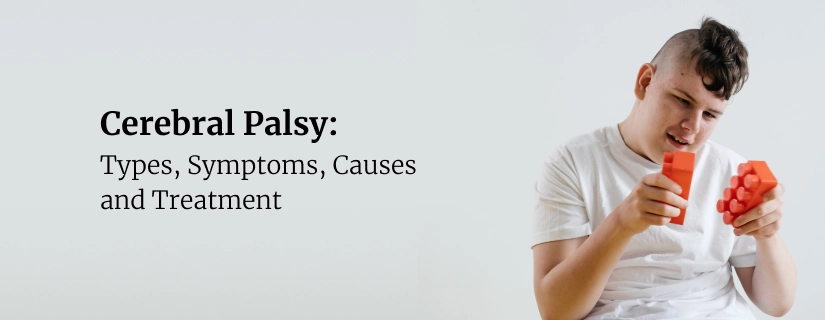



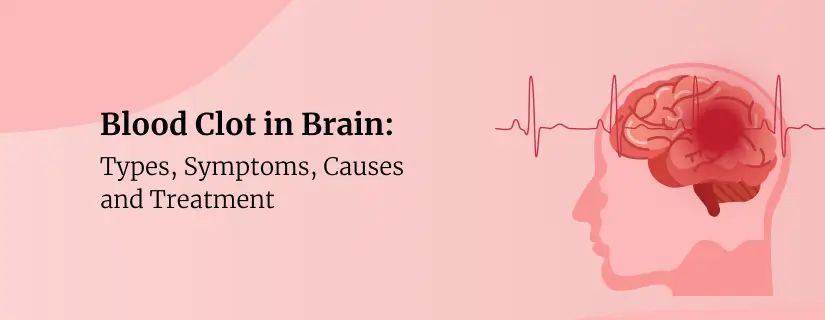




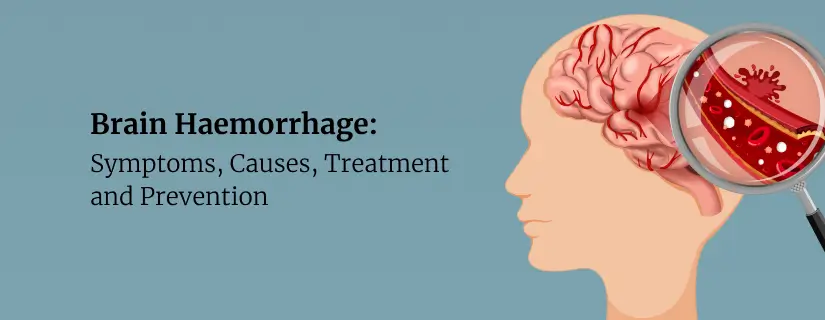


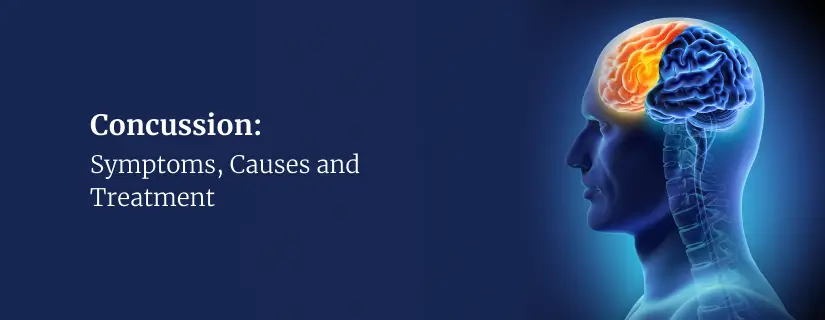


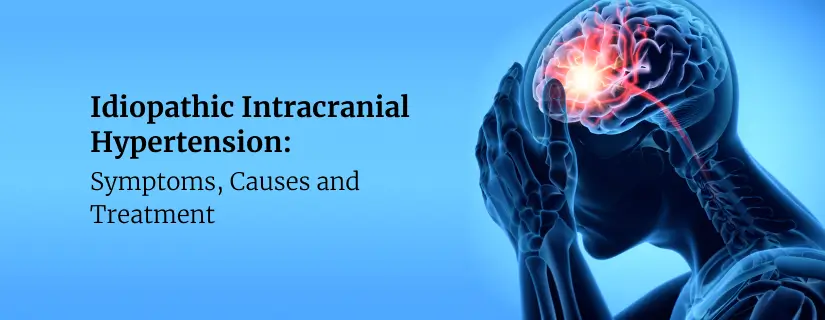




.webp)